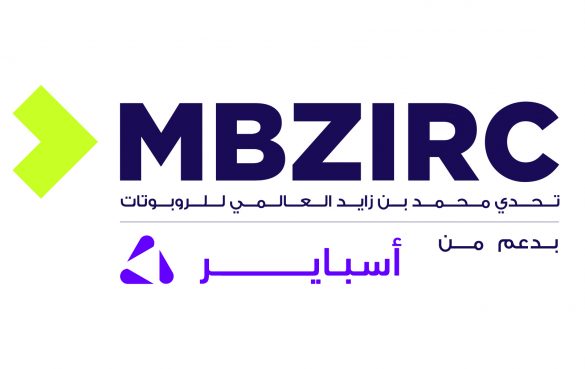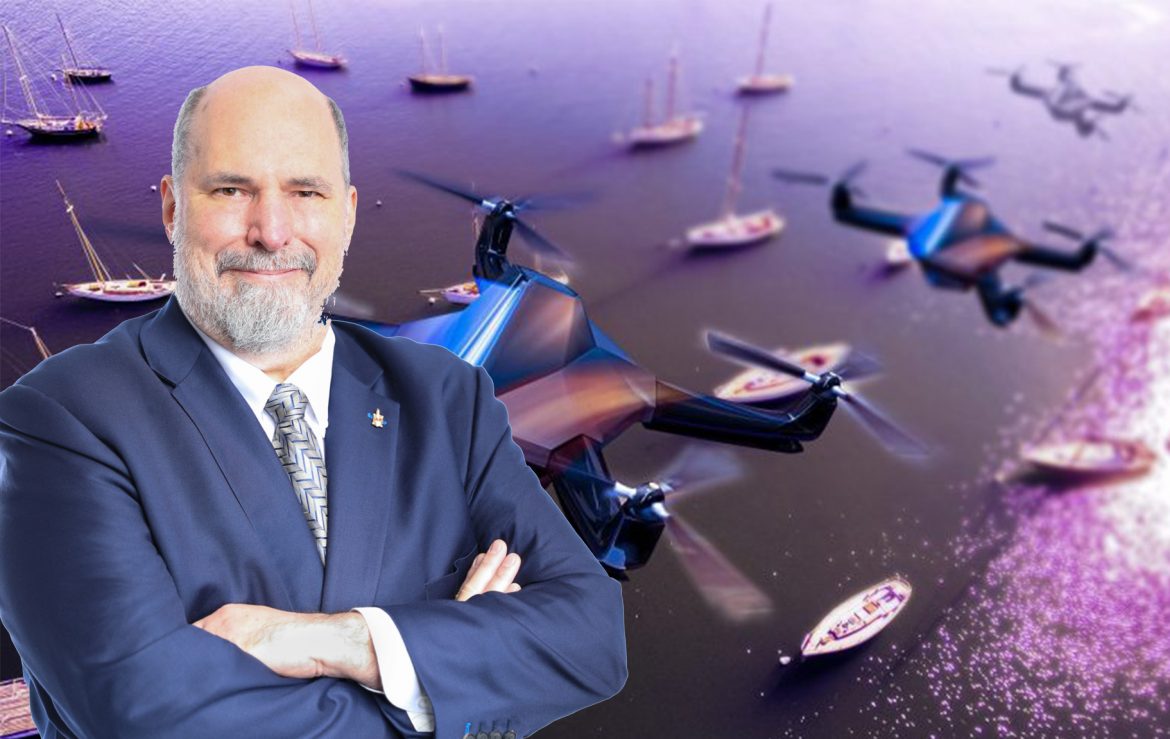Dr. Arthur Morrish, Chief Executive of ASPIRE
Our world is very much different today compared to few decades ago. The pace of development has dramatically increased. The adoption of new technologies that has added a new dimension to modern existence with robots taking over all sorts of duties and mundane jobs.
There is little wonder that countries around the world are showing an increasing interest in robotics that represent the key to a brighter future. Today, they are found everywhere, from the operating table to the bottom of the ocean and from the outer space to the living room. With the pace of technological advancement picking up rapidly, more and more work is carried out autonomously, extending our capability at sea, on shore and in air.
Yet, there is a gap between the current reality in robotic capabilities and the requirements of future applications, with some domains eluding attention as we race to develop the most efficient of machines. All the time, we are told to “think outside the box”, which could help us address those deficiencies more efficiently. But how exactly do we do that? How do we develop the ability to confront problems in new ways? How do we cultivate the ability to look at things differently from the way we typically look at things?
Thinking outside the box starts well before we are “boxed in” – that is, before we confront a unique situation and start forcing it into a familiar “box” that we already know how to deal with. Or at least think we know how to deal with. A more important element, perhaps, is creating an environment that can help tap the passion, creativity and ingenuity of smart thinkers. Competitions such as the MBZIRC Maritime Grand Challenge are doing exactly that: creating an environment where brightest of minds can cooperate to help address global maritime-security issues. The challenge requires them to explore a “bubble area” in autonomous technology through a heterogeneous collaboration among unmanned aerial and surface vehicles in a GNSS-denied environment.

The MBZIRC Maritime Grand Challenge, which will be held in June 2023 in the UAE capital, Abu Dhabi, is open to application from leading universities, research institutions, and individual innovators from around the world to develop an autonomous robotic system capable of performing complex tasks that are often beyond the human capability.
Maritime security is a challenging area as piracy, smuggling and illegal fishing continues unabated, taking a heavy toll on security, safety, commercial operations, and the economies of nations around the world. None of the measures taken by countries individually, collectively, or unilaterally has proven to be effective enough to tackle the problems. The ICC International Maritime Bureau’s latest global piracy report has recorded 40 cases of kidnapping of crew since the start of 2021, compared to 22 in the first quarter of 2020.
The desperation to urgently boost global maritime security was palpable in the call by ICC Secretary General John W.H. Denton AO on governments, businesses and maritime response agencies to “take appropriate measures to protect the lives and livelihoods of crew, so that we can ensure the uninterrupted free flow of goods throughout international supply chains”.
The reality is that so far only this much could be achieved even with the support of robots. The good news is that robotics is rapidly sailing towards its goal of achieving full autonomy. A generation of systems is now being designed to operate independently and make on-the-spot decisions with no direct human control, even though robots continue to rely on GPS and Wi-Fi to communicate their location to create an organised and autonomous system. This creates an impediment, especially as an incorrect autonomous action or a heterogeneous coordination among multiple robots can lead to the technology becoming a hindrance as opposed to a help.
The MBZIRC Maritime Grand Challenge seeks to address this gap in technology. By doing so, the competition will help participants to push the boundaries of science and technology outside of the laboratory environment and explore what is possible to achieve in this sphere in real time. More importantly, this could lead to a technological breakthrough, eliciting interest among researchers to penetrate deeper into the territory that would potentially lead to more discoveries.
At a broader level, a technology meant to secure the maritime industry and environment will have a greater utility. Imagine an earthquake-ravaged area in a remote place with no mobile and GPS network; or a flood-hit region in an equally isolated area, where the machine can deliver the much-needed infrastructure and perform other emergency operations.
At the local and regional levels, the challenge has its own significance. Not only will the US $3 million-plus prize money attract regional talent towards science and technology – robotics in particular – but events such as these will support the UAE’s effort to build a sustainable knowledge economy.
Accomplishing this task is not easy, however; especially as innovation is unlike most other business functions and activities, where there are no specific rules, process, templates or measures for success. Hence, each attempt at innovation is a unique feat of the collective – or individual – imagination that can be neither predicted nor replicated. Yet, some organisations and entities are somehow able to come up with great ideas to inspire people to apply their ingenuity. The MBZIRC Maritime Grand Challenge hopes to provide one such example.












